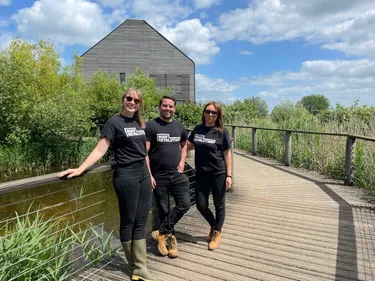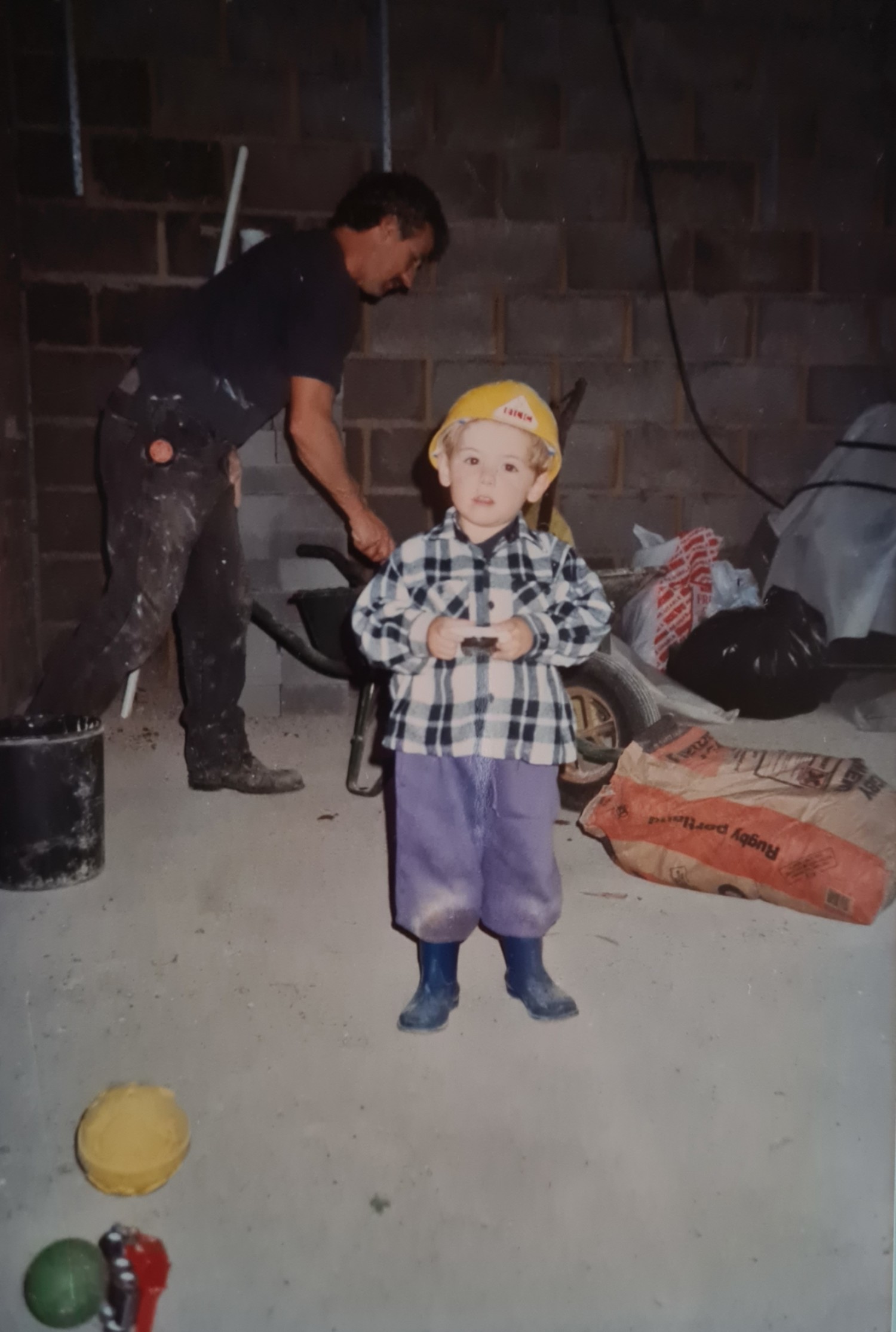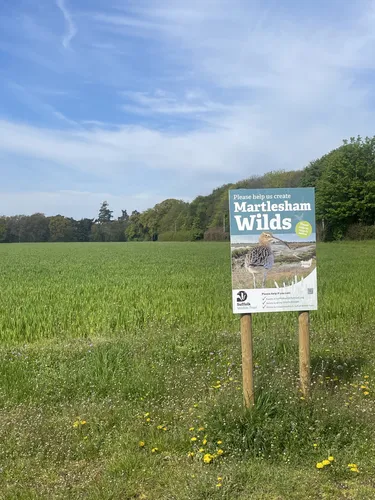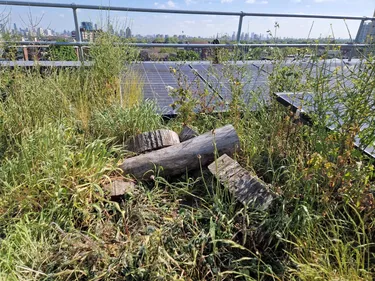
We recently caught up with Luke Rootham, who is one of our Technical Sales Managers and also holds the position of Product Manager for Axter Solar. Read on to find out what life at Axter looks like for Luke.
What is your role at Axter and how long have you worked here?
I have been with Axter for four years – I joined in May 2019.
My role is Technical Sales Manager, I cover Lincolnshire, Northamptonshire, Bedfordshire, Buckinghamshire and Heartfordshire and then move around those areas as needed. I also have the additional title of Product Manager for Axter Solar, which I've worked as for the last couple of months behind the scenes.
How did you get into this line of work?
Before I worked for Axter, I worked for a company called Pinnacle Consulting. I was a recruitment consultant for sales and marketing people within the building product sector. And my specialism was roofing, cladding, and insulation and glazing. So I worked with the Managing Director and Sales Director here at Axter for about four years before I joined the business.
When I was in recruitment I went to a lot of events - trade events and RCI shows and that sort of thing. I found I was interested in the actual industry and was quite passionate about it.
I had an affiliation with Axter and I chose it as the only company that I wanted to work for when I decided that this is the kind of work that I wanted to do. It was me that approached them. The fact that I had already worked with Axter gave me quite a unique advantage I suppose - to the extent that I knew what I was letting myself in for!
And what does an average day at Axter look like for you?
It's very difficult to define a day in terms of how much time I spend doing things, as the role is so diverse.
Some days I could be doing CPDs, some days I could be doing detailing. Some days I could be writing specifications, sorting quotations or meeting with customers - from roofing contractors through to specifiers. It's incredibly varied.
And then when you add on the Product Manager side of it, I've been involved with a lot of the other departments, such as marketing, sales and logistics, and technical certification.
My role has become even further diversified from what it was before, and so I think the only thing that you can say is that there isn't a typical day at all.
I can find myself anywhere - all over the country - doing all sorts of things. There is wonder in the variety of it. I am involved in some projects that are normal, I suppose, within general flat roofing. But there are also really exciting and unique projects, such as the design for the wetland on the roof of WWT’s new building.
The phrase “we release the full potential of flat roofs” sums it up, because that's a great way to say, “everything we do contributes towards making flat roofs the best they possibly can be.”

If you could design a perfect city, what role would roofs play in that society?
I think designing a city is a really interesting concept when you talk about the roofscape, because you'd like to think of cities as quite insular and therefore the idea of being self-sufficient would be incredible.
And I love the idea of allotment style roof gardens. In fact, we've been talking to a cafe owner - a guy that owns a string of cafes - about growing coffee beans at the roof level, and therefore having the most sustainable cup of coffee that you'll ever have. Because it's literally come from the roof. And then using solar panels at roof level for the shading because coffee can't grow in direct sunlight. The solar would then power the building.
I look at a lot of these buildings with terraces, or balconies, and I think we could do a lot with that space to make homes a lot more self-sufficient.
I think that's where sustainability becomes less of a buzzword and more of an actual tangible concept.
But I also think it’s good to look further outwards from the city, so look at flight paths for birds and that sort of thing. You've got a flight path that pretty much comes across London all the way over Bristol, etc. It would be good to have spaces at roof level for them to stop. Or places for insects, like bees, to fly between and boost biodiversity in cities.
What is your vision for the future of sustainable cities?
There's an element of beyond roofing isn't there? You know we can be quite selfish in the way that we're going to talk about this and for obvious reasons make it about roofs, because that's what we do and that's what we're passionate about. But there are also some incredible buildings in Scandinavia and Holland that have amazing green cooling and heating systems designed into them. And you know when you talk about futuristic buildings, we should be looking at energy saving elements by building in lifecycle costs properly. We should be looking at a building’s lifetime cost, rather than just the cost for the client there and then during the build.
In order to get anywhere near some of the targets that have been set for sustainability, retrofit is going to become the prevalent sector. There are some incredible projects by some brilliant consultants and architects that have been done in Cambridge and other places to improve the sustainability of existing buildings. And that is where a big difference can be made.
In what area of the roofing industry would you like to see big change in the next few years and why?
I think the accreditations are really important.
And I think it's being talked about. I heard James Talman talking about it at the NFRC AGM earlier on this year and they're really passionate about having better skilled professionals within roofing.
You know, I think we need to raise the level of not just the installers, but also the people that are specifying – the people that are that involved in these things.
I know that within basements they have the CSSW qualification. I'd love to see something like that within roofing so that you can actually raise your level of credibility through upskilling and knowledge. You know there are some brilliant people in this industry, not just within Axter but outside of here as well.
That recognition should be really important and it's something that we should all strive for. You know, we are an integral part of the specification process for some of these buildings and it's really important that everyone knows what they're doing and those that know what they're doing are recognised for it.
So I suppose that that would be the biggest change.
I think technology wise, the installation process is ever changing. The flame free element of installation is something that's becoming more and more prevalent and it's certainly going to be a growing force I imagine.
It would be amazing to see a fully recyclable roofing system. I think realistically it's not something that is going to happen overnight, but that'll be incredible to see long term.

And onto some quickfire questions...
What's your favourite season?
Summer, as long as I'm not in a suit.
If you could only eat one thing for the rest of your life, what would it be?
Pizza.
And what is your go-to karaoke song?
Johnny B. Goode by Chuck Berry.
What is the best advice you've ever received?
Basically don't care what anybody else thinks and just be yourself.



